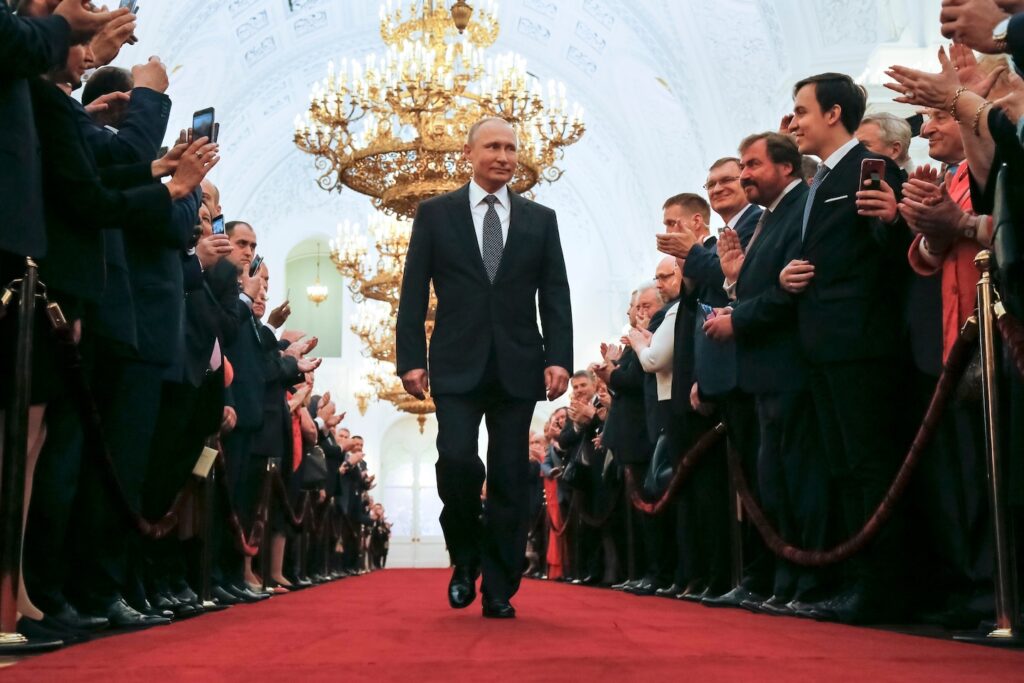In a three-day election that left no room for doubt, Russian President Vladimir Putin won a fifth term on Sunday and is on track to remain in power until 2030 and, if he runs again, until 2036.
But many analysts believe the 71-year-old dictator will rule the country of 146 million people for the rest of his life.
It wasn't supposed to be this way. Under Russia's constitution, Putin's term as president was supposed to end in 2008. But in a clever bait-and-switch, he swapped places with Dmitry Medvedev and effectively ruled Russia as prime minister for four years. Putin returned to office in 2012, sparking mass protests, but nothing changed.
In 2020, President Putin engineered a constitutional amendment in a national vote marred by fraud that would allow him to serve at least two more six-year terms.
Putin has concentrated power, invaded Georgia and Ukraine, and destroyed Russia's opposition. Two of the most charismatic opposition leaders have died. Boris Nemtsov was gunned down near the Kremlin in 2015, and Alexei Navalny survived a state-ordered poisoning in 2020 but died in prison last month. His widow claims he was killed on President Putin's direct orders. Other rebel figures are in prison, silent, or have fled the country.
Having cleared the scene, the Kremlin reacts angrily to the suggestion that Russia's democracy is a sham. Last week, Putin's spokesman Dmitry Peskov said the Russian government would not tolerate such criticism. “Our democracy is the best and we will continue to build it,” he said.

